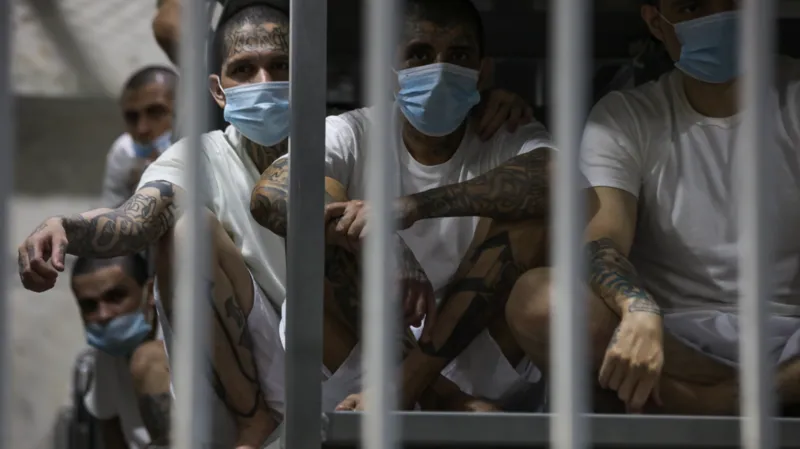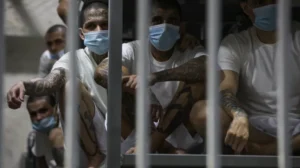
In a dramatic turn of events, the Venezuelan prisoner swap has once again brought U.S.-Venezuela relations into the international spotlight. The latest Venezuela-U.S. prisoner exchange is not only a humanitarian headline—it’s a geopolitical chess move that may shape future negotiations between two long-feuding governments.

What Is the Venezuelan Prisoner Swap?
The Venezuelan prisoner swap 2024 marks a rare diplomatic agreement between the United States and Venezuela, involving the mutual release of prisoners. Among those released were American citizens wrongfully detained in Venezuela and individuals tied to President Nicolás Maduro’s inner circle.
This prisoner exchange has opened up a critical dialogue between the two nations amidst long-standing economic sanctions, strained diplomacy, and the upcoming Venezuelan elections 2024.

Who Was Involved in the Venezuela-U.S. Prisoner Exchange?
Key figures involved in this exchange include:
-
American oil executives and other citizens held in Venezuela, many under questionable legal charges.
-
Venezuelans imprisoned in the United States, including high-profile detainees accused of drug trafficking, sanctions violations, or money laundering.
-
Most notably, Alex Saab, a controversial businessman linked directly to Maduro, was released by the U.S.
This exchange raised several eyebrows across global media, becoming one of the most searched international topics under “Venezuelan prisoner swap news today.”
Why Does This Swap Matter?
The Venezuela prisoner swap is more than a headline—it’s a sign of potential change.
For the U.S., bringing home wrongfully detained Americans has been a central focus of President Joe Biden’s foreign policy. For Venezuela, this deal may serve as leverage in pushing for sanction relief and potential recognition ahead of upcoming elections.
Observers speculate that the prisoner deal may also be part of broader negotiations around:
-
Human rights in Venezuela
-
Release of political prisoners
-
Transparency in the 2024 elections
International Reaction to the Prisoner Deal
Reactions have been mixed. While some international organizations, including the UN Human Rights Office, welcomed the swap as a humanitarian step, critics argue that it could embolden authoritarian tendencies.
The Venezuelan opposition warned that such exchanges must come with guarantees—especially related to democratic reform and media freedom.
What This Means for the Future of U.S.-Venezuela Relations
This Venezuela-U.S. prisoner exchange could be the first step toward:
-
Opening economic and oil trade discussions
-
Revisiting U.S. sanctions on Venezuela
-
Resuming formal diplomatic relations
Still, progress depends on real reform. Washington has made it clear that future cooperation will be conditional on free and fair elections, the release of more political prisoners, and a commitment to human rights.
